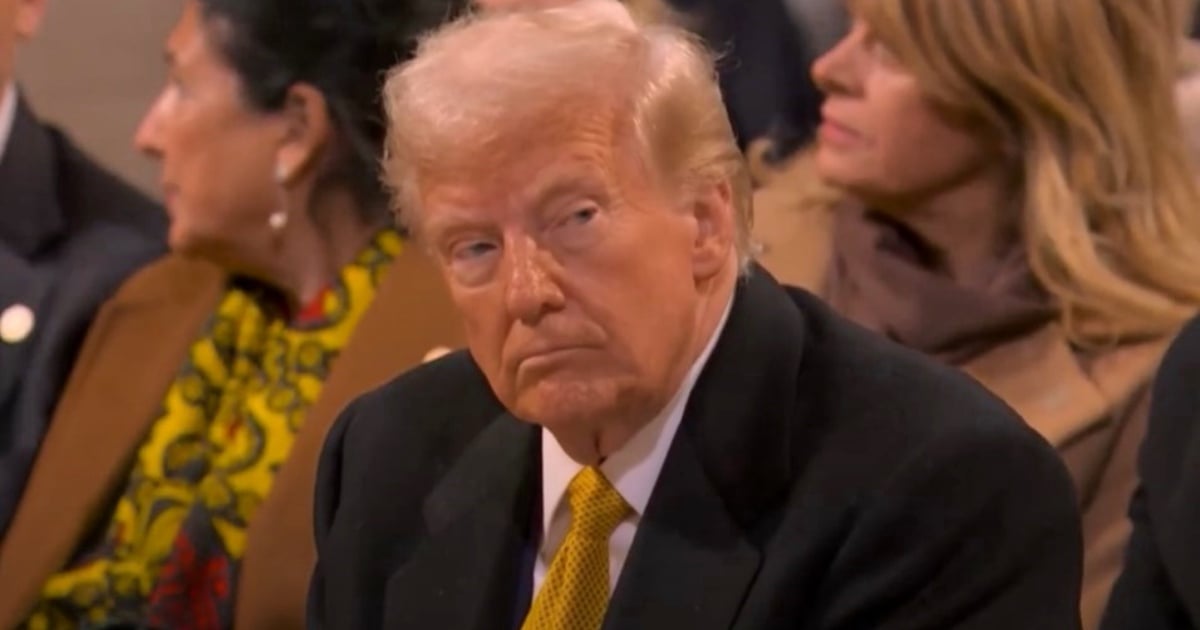President-elect Donald Trump has issued a stark warning to the European Union: increase your purchases of American oil and gas to reduce the trade deficit, or face tariffs on European goods. "I told the European Union they must offset their massive deficit with the U.S. by buying our oil and gas in large quantities. If not, TARIFFS will be applied!!!," Trump announced via his social media platform, Truth Social.
According to Washington, the trade deficit with Europe exceeds $130 billion, a figure Trump has deemed unacceptable. This stance further intensifies the already strained trade relations between the two blocs, which experienced tensions during his previous term when the former president imposed tariffs of 30% to 44% on products like Spanish olives.
Mounting Tensions in Transatlantic Trade Policy
Trump's latest threat adds to a history of protectionist measures aimed at bolstering American industry and reducing reliance on foreign imports. During his campaign, Trump proposed universal tariffs of 10% to 20% on all imports, with even higher rates in specific cases, such as 100% on cars from Mexico and 200% on electric vehicles made in China.
In addition to his threats against Europe, Trump has called on the U.S. Congress to eliminate the debt ceiling, a move he and ally Elon Musk deem "ridiculous." This debate has caused a rift among Republicans, creating uncertainty about the government’s ability to finance itself in the coming weeks.
Europe Caught Between Negotiation and Caution
The response from Brussels has been cautious but not confrontational. Ursula von der Leyen, President of the European Commission, expressed the EU's willingness to negotiate with the President-elect. While not confirming an immediate increase in oil and gas purchases, an EU spokesperson stated, "We are ready to talk with the President-elect to strengthen our already strong relationship, including discussions on energy."
Europe is already the largest importer of U.S. liquefied natural gas (LNG), a strategic resource that has gained importance since Russia's invasion of Ukraine. In 2023, the U.S. supplied 48% of the gas imported by the EU, a significant increase from 27% in 2021. However, European authorities have emphasized the need for a balanced and mutually beneficial approach.
Potential Scenarios for a Trade War
Trump's stance has sparked concern not only in Europe but also among economic analysts warning of the potential repercussions of a trade war. Matt Britzman, senior analyst at Hargreaves Lansdown, commented, "The President-elect's 'scorched earth' approach has fueled fears of a trade war, with investors increasingly wary of Europe being next in his sights."
Former Italian Prime Minister Enrico Letta has also weighed in on Trump's strategy, labeling it "transactional." Letta suggests the EU should respond proportionally, considering measures addressing asymmetries in the financial sector, where Europe might have more leverage. Nonetheless, some experts believe Trump's threats are part of his negotiation strategy.
Designated Treasury Secretary Scott Bessent indicated that Trump uses rhetorical escalation as a starting point to then seek agreements: "The President-elect's negotiation tactic is to escalate first, then de-escalate the tensions later."
Beyond Tariffs: A Protectionist Agenda
Trump's trade agenda extends beyond tariffs on Europe. Throughout his campaign and in his initial statements after being elected, he has emphasized imposing significant duties on products from countries like China, Mexico, and Canada. Among his proposals are:
- A universal base tariff of 10% to 20% on all imports.
- Increasing tariffs on Chinese electric vehicles to 200%.
- Doubling tariffs on cars from Mexico to 100%.
Trump has also vowed to protect the American automotive industry and strategic sectors like energy and manufacturing, often using the threat of tariffs as a leverage tool.
With a month to go before his official return to the White House, Donald Trump has made it clear that his approach will be aggressive, prioritizing U.S. economic interests and laying the groundwork for a trade policy that promises to stir controversy.
Understanding Trump's Trade Policies
What is the current trade deficit between the U.S. and the EU?
The trade deficit between the United States and the European Union is over $130 billion, according to Washington estimates.
How has Europe responded to Trump's tariff threats?
Europe has responded with caution and openness to negotiation. The European Commission has expressed willingness to discuss strengthening relations, including energy talks, with the President-elect.
What are the potential impacts of a trade war between the U.S. and Europe?
A trade war could lead to economic uncertainty, affect investor confidence, and disrupt trade flows between the U.S. and Europe, leading to possible retaliatory measures.
